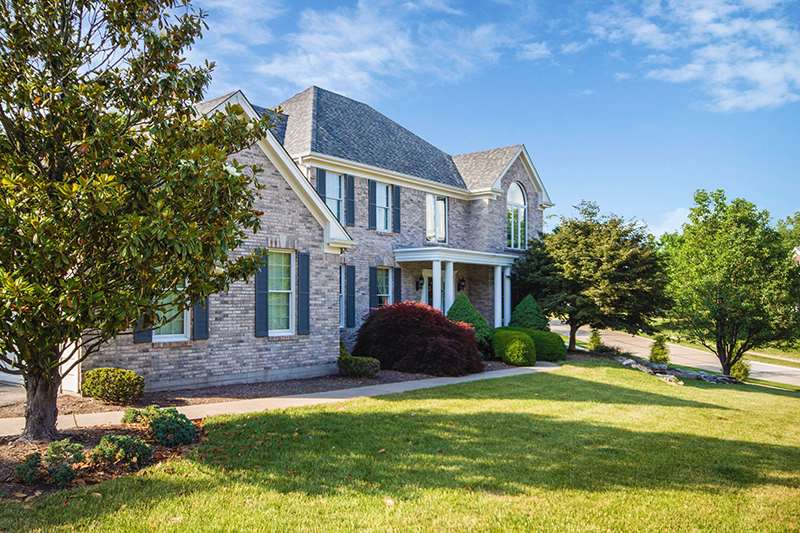04 Jun SUCCESS STORY OF THE MONTH – PROTECTING THE LOAN ON PARENTS’ HOME FROM MEDICAID ESTATE RECOVERY – LADYBIRD TO THE RESCUE

Parents own homestead as their major asset. Their health is beginning to decline, and neither of them have long-term care insurance or enough income or assets to pay for long-term care. As a result, if either of them needs long-term care, Medicaid is likely to be needed. Although a homestead is a non-countable resource (regardless of value) if there is a community spouse, there could be estate recovery against the homestead to the extent Medicaid benefits are advanced if the Medicaid recipient is the surviving spouse. As a further complication, child (who is over 21) and child’s spouse plan on moving into the home after the child has made significant improvements with child’s funds to the parents’ homestead. Child does not want the funds child has advanced to be jeopardized in the event the homestead is subject to the Medicaid Estate Recovery Program (“MERP”) if a parent goes on Medicaid.
The planning for this case is relatively simple. If the child was not married at the time of the Medicaid recipient’s death and the child had been living there at least one year prior to the Medicaid recipient’s death, then it is possible that no further action be needed since that is an exception to the Medicaid estate recovery rules. However, in this case, the child is married, and it is unlikely that the child will get divorced or that child’s spouse will die before child’s parents. Furthermore, child would still consider parents’ signing a note (for the amount advanced by child) secured by a deed of trust since that would ensure all funds advanced would be payable to child’s estate if the child predeceased parents as child’s security interest would supersede the claim of the state for reimbursement.
It should be mentioned there are exceptions to MERP if the surviving spouse was not a Medicaid recipient, or if the child was under 21, or if the child of any age is blind or permanently disabled at the time of the Medicaid recipient’s death, or if the Medicaid costs paid are less than $3,000, or if the recovery against the home would cause undue hardship (which is only applicable if the home was valued under $100,000 and the income of the heir was very low – which was not the case here). Another way to protect the home is if the child lived in parents’ home for at least two years before the parents’ institutionalization and provided care that prevented institutionalization, then the parents could transfer the home without a transfer penalty (normally uncompensated transfers within five years of a Medicaid application are penalized). Other than the Medicaid recipient spouse being survived by his or her spouse, none of the exceptions above are likely to be applicable.
This leaves the simple planning of the parents’ signing an enhanced life estate (“Ladybird”) deed which is an exception to MERP. However, laws can change. So, the child should consider a note secured by the deed of trust against the homestead in that event (since the lien would be superior to the claim of the state) or in the event the child predeceases parents or in the event parents sell the homestead to protect the funds child advanced. Additionally, since the parents wanted only one child to receive the homestead, then a Will was prepared to show a title company there was consistency with the deed. Furthermore, the Will would clarify what happens if the child predeceased both parents. If the child did predecease parents, then the Ladybird deed could be “undone” by simply deeding the property back to parents. Then, if a parent was on Medicaid and the laws haven’t changed, then a new Ladybird deed could be prepared. If neither parent was on Medicaid and the child predeceased either of parents, then the property could simply be distributed according to their Wills.
Although this is a simple case, it demonstrates that many issues should be considered including Medicaid, securing a loan in the event the property is sold or the child dies first, title company concerns, property taxes, capital gains taxes, probate avoidance, etc.
If interested in learning more, consider attending our next free “Estate Planning Essentials” Workshop on Saturday, June 15, 2019 from 10:00 a.m. to 11:00 a.m. by calling us at (214) 720-0102 or signing up online at www.dallaselderlawyer.com or by clicking here.










